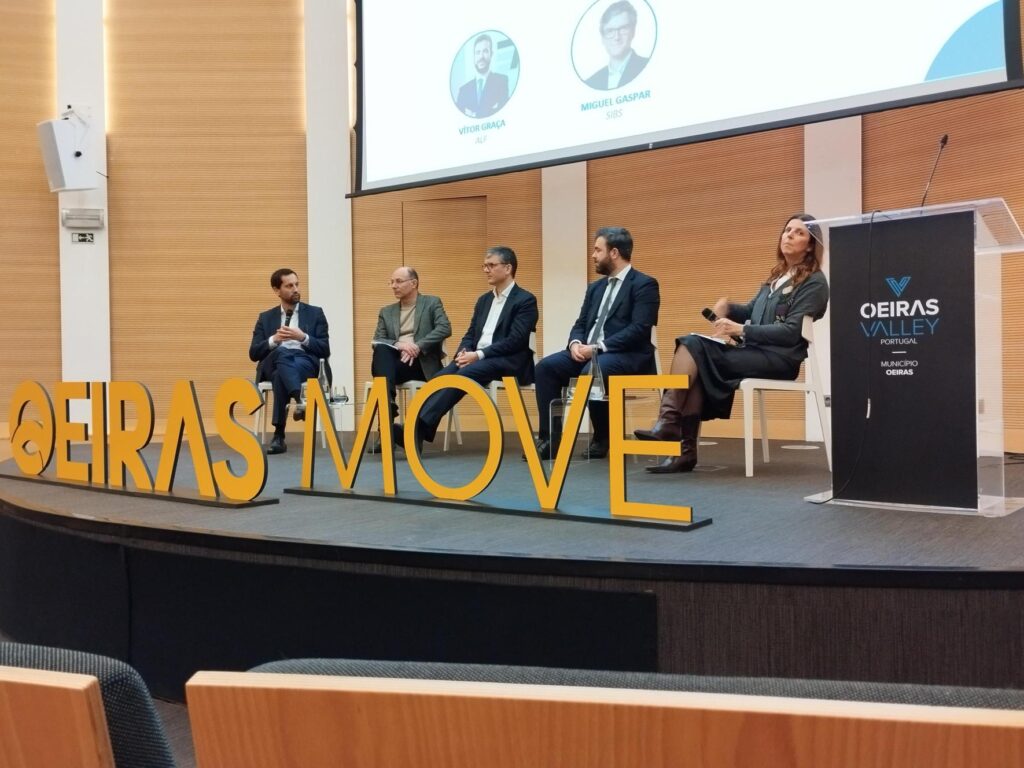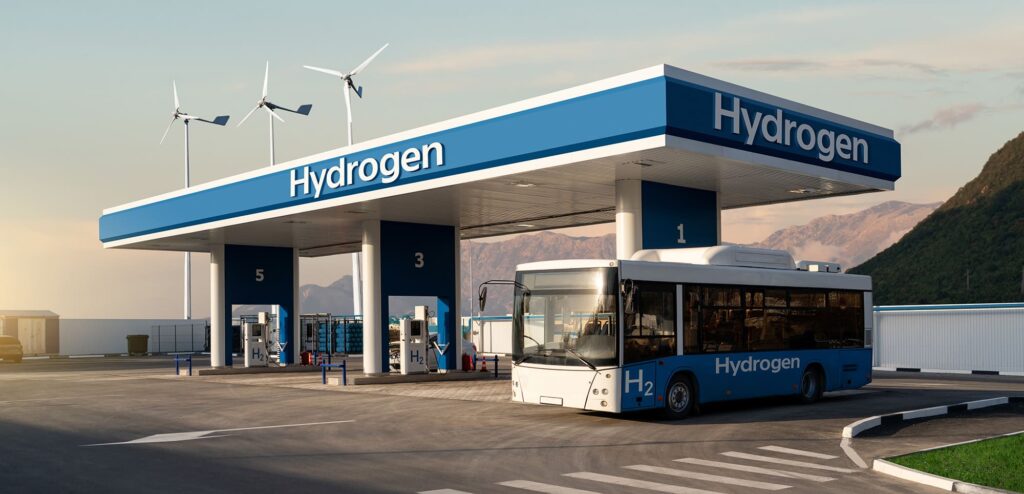Mobilidade Mais Talks: shaping Portugal’s mobility policies through dialogue

We were delighted to participate in the third edition of “Mobilidade Mais Talks” in Oeiras on 28 April 2025 – an event organised by Eurotransporte, in partnership with Oeiras Municipality and Parques Tejo.
Despite the unexpected blackout across the Iberian Peninsula, the event, themed “Mobility Policies in Portugal: Future and Challenges” [Políticas de Mobilidade em Portugal: Futuro e Desafios], proceeded smoothly, showcasing engaging discussions on sustainable urban mobility and strategic investment priorities.
VTM partner Nuno Ribeiro expertly moderated a lively debate featuring representatives from several parties in the Portuguese parliament. The discussion centred on strategic visions for mobility, the importance of political consensus for continuity in public investments, and regionally impactful municipal projects like LIOS Ocidental, SATUO, and BRT on the A5.
One of the conclusions of this dialogue is the necessity for future debate dedicated specifically to the commitments and investment strategies of political parties regarding mobility, aiming to foster deeper dialogue and lasting consensus on this critical issue.
This event concluded a series of three discussions, in which VTM actively participated, including the first session on “The Role of Electric Mobility in Urban Transformation” [O Papel da Mobilidade Elétrica na Transformação Urbana], moderated by our colleague Isabel Pimenta, and the second session on “Sustainable Mobility and Efficiency in Public Transport – Dedicated Corridors (BRT)” [Mobilidade Sustentável e Eficiência no Transporte Público – Corredores Dedicados (BRT)].
We extend our sincere thanks to all participants and organisers. Initiatives like “Mobilidade Mais Talks” are essential to driving forward sustainable and inclusive mobility policies. By creating space for informed public debate and cross-sector collaboration, they can help pave the way for smarter, greener, and more accessible transport solutions for the future.


Latest news
All news
Key challenges to widespread adoption of clean hydrogen in urban mobility: a chicken-and-egg problem?
This is the third article of a trilogy about the application of hydrogen technologies in transport. The first one and the second one are still accessible on our website. Our previous article briefly introduces the tech under the hood of fuel cell vehicles (FCV) and their main advantages over battery electric vehicles (BEV). Depending […]

Micromobility, mandatory insurance, and the case of pedelecs: between European law and the Portuguese transposition
The rapid surge in the use of electric vehicles — notably e-scooters, cargo bikes, and pedal-assist bicycles (pedelecs), among other forms of micromobility — has introduced new challenges in the realm of road safety. In response to this evolving landscape, the European Union (EU) introduced regulatory measures aimed at safeguarding users through mandatory third-party liability […]
